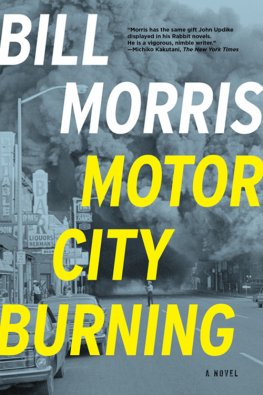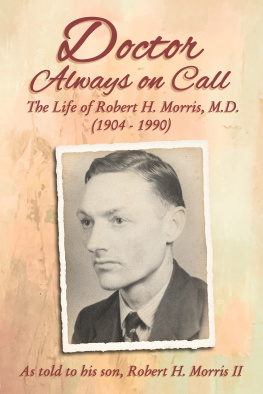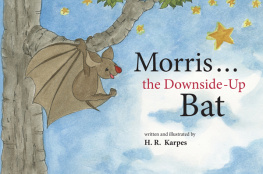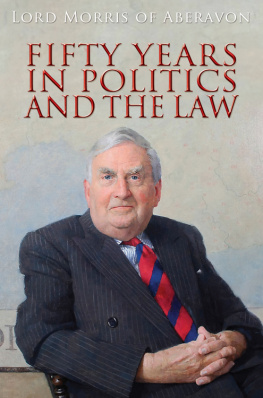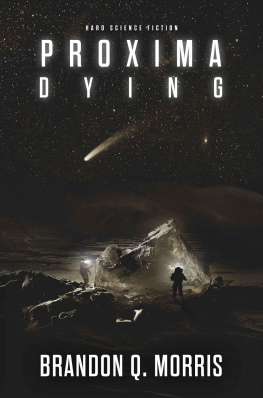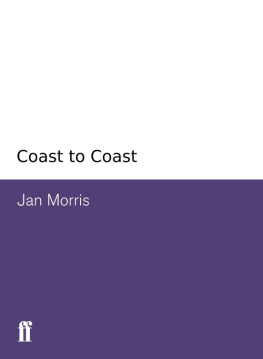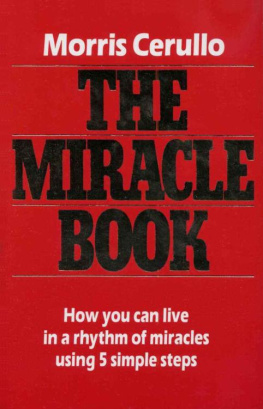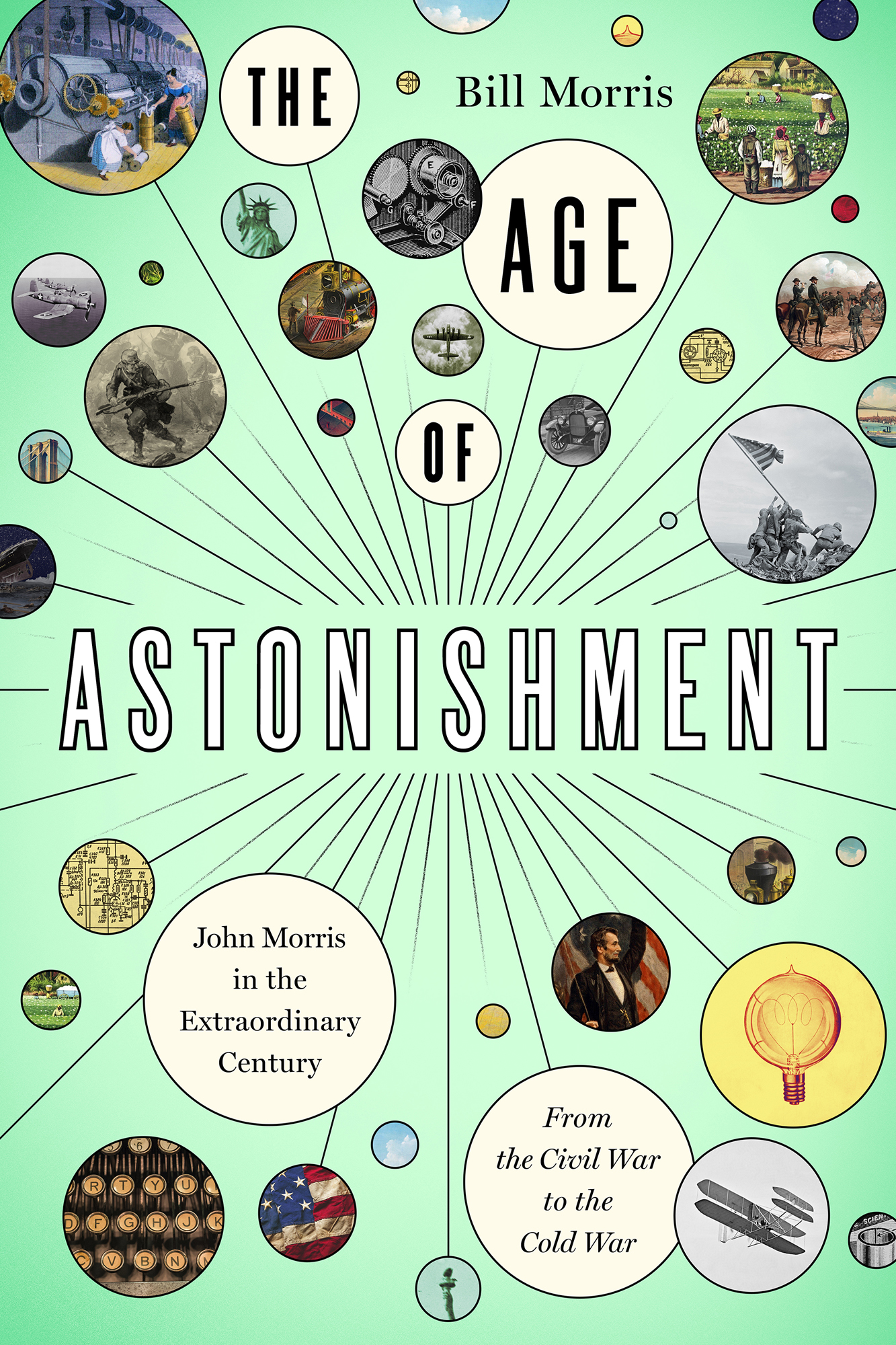Contents
Guide
Bill Morris
The Age of Astonishment
John Morris in the Miracle Century
From the Civil War to the Cold War
For Anne Drayton Nelson, keeper of flames.
It would be a mistake to say that I felt guilt for the past. A person cannot be culpable for the acts of others, long dead, that he or she could not have influenced. Rather than responsible, I felt accountable for what had happened, called on to try to explain it.
from Slaves in the Family by Edward Ball
AUTHORS NOTE
T his book is a mongrel. Its nonfiction, but its a mix of numerous breeds, including biography, history, reportage, memoir, autobiography, and, when the record runs thin, speculation that flirts with fiction. I have cited the sources of quoted remarks, and when Ive engaged in speculation Ive announced it by inserting such markers as its likely or he might have said, or by urging the reader to imagine with me if its the only way into the history or the lives of the characters. Racial slurs in speech and literature are quoted verbatim, not because I condone their use but because they are a valid part of the historical record. I am a reporter and a novelist, not a scholar or historian, so this book does not contain footnotes or an index, though there is a detailed list of sources at the end. I have done my best to stick to the facts in my pursuit of the truth. Any errors are entirely the fault of the author.
PRELUDE THE MISFIT
I n a black-and-white family snapshot now lost to time, an elderly gentleman with spun-sugar hair gazes at the camera through owlish round glasses. Hes wearing a three-piece suit and an expression of delight mixed with terror, for on his right knee hes balancing a swaddled infant who has the bewildered, bug-eyed look of a space alien. The man is my fathers father, John Morris; I am the infant.
That snapshot was taken in November 1952, the month the United States detonated the first hydrogen bomb, a weapon a thousand times more powerful than the atom bombs that incinerated Hiroshima and Nagasaki. Three years later, in the fall of 1955, my grandfather died at the age of ninety-two. I have no memories of the man, but even as a boy I found myself marveling at the changes he must have witnessed and experienced in his long lifetime. He was born into a slave-owning Virginia family during the Civil War and died at the peak of the Cold War. At the time of his birth, the dominant technologies were the steam engine, the railroad, the telegraph, and photography. He grew up in a world lit by kerosene lamps and candles, he traveled by foot and horseback and wagon on dirt roads, drank water hauled from a well, used an outdoor privy. He mastered Latin and Greek and German. He became a lawyer, a philologist, and a college professor. Along the way he lived through Reconstruction, booms and busts, womens suffrage, urbanization, Prohibition, labor unrest, the Great Depression, two world wars, the Korean War, and the advent of nuclear weapons. He was among the original users of window screens, the telephone, modern plumbing, electric lights, typewriters, radio, automobiles, phonographs, airplanes, elevators, movies, subways, safety razors, television, penicillin, pasteurized milk, refrigeration, antibiotics, and central heat and air conditioning. He witnessed the horrors of Jim Crow, unhappily, and he was in Germany to witness Hitlers rise, also unhappily. He wrote scholarly articles for obscure journals and spent decades producing a German-English dictionary that was never published.
It seems that John Morris dealt with all this dizzying change by remaining firmly rooted in the nineteenth century, a classically educated southern gentleman who pursued willfully obscure passions. For all that, he held remarkably progressive beliefs on race relations, child rearing, womens rights, and religious freedom. Deep in the Bible Belt, he was an agnostic, possibly an atheist. He married an Irish Catholic from upstate New York at a time when Catholics, Jews, and Yankees were not warmly welcomed in the South. And in that traditionally bellicose region, he was a lifelong pacifist and opponent of capital punishment. He was, in a word, a misfit. My grandfather, who was too young to remember the freeing of the familys slaves in 1865, treated Black people with respect and did not allow racial slurs to be uttered under his roof. Im reminded of the passage in To Kill a Mockingbird when Scout asks her father, Do you defend niggers, Atticus?
Of course I do. Dont say nigger, Scout. Thats common.
s what everybody at school says.
From now on itll be everybody less one
As I grew older, my boyish sense of wonder at my grandfathers world spawned an allied suspicion: I came to question the widespread belief that, as a Baby Boomer, I was living in a time of unprecedented change. Yes, we curled up under our school desks as a pathetic way of preparing for nuclear Armageddon. And, yes, I lived to see the civil rights movement, interstate highways, rock n roll, the Vietnam War, a man on the moon, the flowering of feminism and gay rights, Watergate, personal computers, the internet, the smart phone, and the #MeToo and Black Lives Matter movements. These are not trifles, but my inventory led to an unassailable conclusion: not all that much has changed during my lifetime, really, and certainly not in the fundamental ways my grandfathers day-to-day life changed. The difference between a buggy and a jet is far greater than the difference between the rotary phones I grew up using and the smart phone I use today.
In 2016, a monumental new book put flesh on the bones of my theory. The Rise and Fall of American Growth: The U.S. Standard of Living Since the Civil War by Robert J. Gordon is guided by two central premises: that the years from 1870 to 1970, very nearly the dates of my grandfathers birth and death, comprised the special century, a spurt of life-altering inventions and economic growth in the United States that is unmatched in human history; and that since 1970, change has been far slower, and it has been confined to the much narrower spheres of entertainment, communication, and information. The innovations and breakthroughs of the special century, Gordon argues, will never be repeated. The age was a one-off. I dont think Gordon went far enough in calling this age the special century; I have come to see it as the miracle century.
I began to wonder: Would it be possible to paint a portrait of that astonishing age by tracing the life of one man who lived through it, my grandfather, John Morris? I decided to try. This book is the result.
PART ONE WAR AND PEACE 18631898

Taylors Creek in Montpelier, Virginia.
A BIRTH DURING WARTIME
J ohn Morris was born on June 23, 1863, at a family place called Aspenwall in Goochland County, Virginia. He would spend the first two years of his long life shuttling between Aspenwall and Taylors Creek, his parents home, a handsome frame house in neighboring Hanover County that had been in the family since it was built in 1732 by an immigrant from Wales named William Morris. The plantation came to cover as much as two thousand rolling acres, and it had always been worked by slaves.
Johns father, Charles Morris, was not present at the birth. He was thirty miles away in Richmond, serving in the quartermaster corps, which supplied Confederate troops with food, clothing, weapons, and horses, safely removed from the escalating slaughter but plagued by torments of a different kind. Chief among them was his incessant worrying about the safety and healthindeed the survivalof his wife, Mary, and their three young sons: infant John, three-year-old James, and seven-year-old Sylvanus. Charless fretting was not groundless. Mary had delivered one stillborn child, a niece of Charless had recently died before her first birthday, and a neighbors wife had just died after giving birth to a healthy child. This was, as the US Surgeon General put it, the end of the medical Middle Ages. Infant mortality rates were shocking by todays standardsabout 175 deaths per 1,000 births the year John was born, destined to peak at 215 per 1,000 in 1880, which was roughly the rate of infant mortality in Tudor England. Pasteurs revolution and the germ theory were still two decades away, so children who survived infancy were beset by an array of infectious diseases including cholera, diphtheria, yellow fever, pneumonia, and tuberculosis. Malnourished children suffered from afflictions so unheard-of today that they almost sound like foreign words: pellagra, hookworm, rickets, scurvy. Charles Morris suffered from neuralgia and chronic dysentery, and John and his brothers were constantly sick with colds, fevers, and whooping cough. Soldiers were twice as likely to die from disease as from bayonet, bullet, or shell. Because of infection, a wound to the gut amounted to a death sentence.


